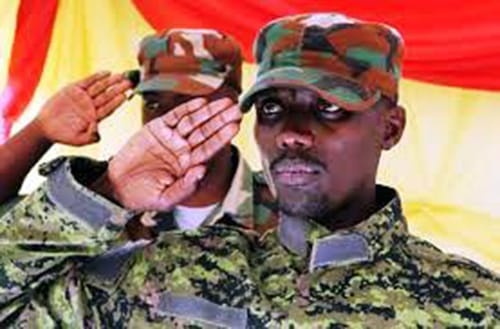The Democratic Republic of Congo (DRC) is set to participate in peace negotiations with the M23 rebel group starting Tuesday, March 18, in Luanda, Angola.
The talks aim to bring an end to years of conflict in the eastern part of the country. It will be mediated by Angolan President João Lourenço. This development marks a significant shift in the Congolese government’s approach, as it had previously resisted direct dialogue with the M23 rebels.
The M23, which has been active in eastern Congo since 2012, has long been accused of receiving support from Rwanda, although both Rwanda and the M23 deny this allegation.
The rebel group has made significant territorial gains in recent months, leading to increased violence, displacement of civilians, and the destabilization of the region.
In the face of mounting pressure and military setbacks, the Congolese government has agreed to engage in peace talks with the group.
President Félix Tshisekedi, who had been firm about not negotiating with the rebels in the past, has reconsidered this stance due to the ongoing humanitarian crisis and the continued military push by M23 forces.
The decision to participate in peace talks follows growing international pressure for a diplomatic solution to the conflict.
The peace talks will focus on reaching a ceasefire agreement and finding a long-term solution to the issues fueling the insurgency, including political representation for the Tutsi community, the role of regional actors, and the security of the eastern provinces.
Despite the official invitation to the M23 rebels, there are doubts about the group’s willingness to engage in meaningful dialogue.
While the M23 has expressed interest in the peace talks, it has not yet confirmed its participation. Ongoing clashes between the rebels and the Congolese military in key areas like Walikale have raised concerns that the peace talks could be undermined by continued violence.
The international community, including the United Nations and the African Union, has called for an immediate ceasefire ahead of the talks to create a more conducive environment for negotiations.
However, there are fears that the peace talks could face significant challenges, especially with the withdrawal of several peacekeeping forces from the region.
South Africa, Tanzania, and Malawi have announced plans to pull their troops from eastern Congo, citing growing casualties and a lack of progress in stabilizing the area.



